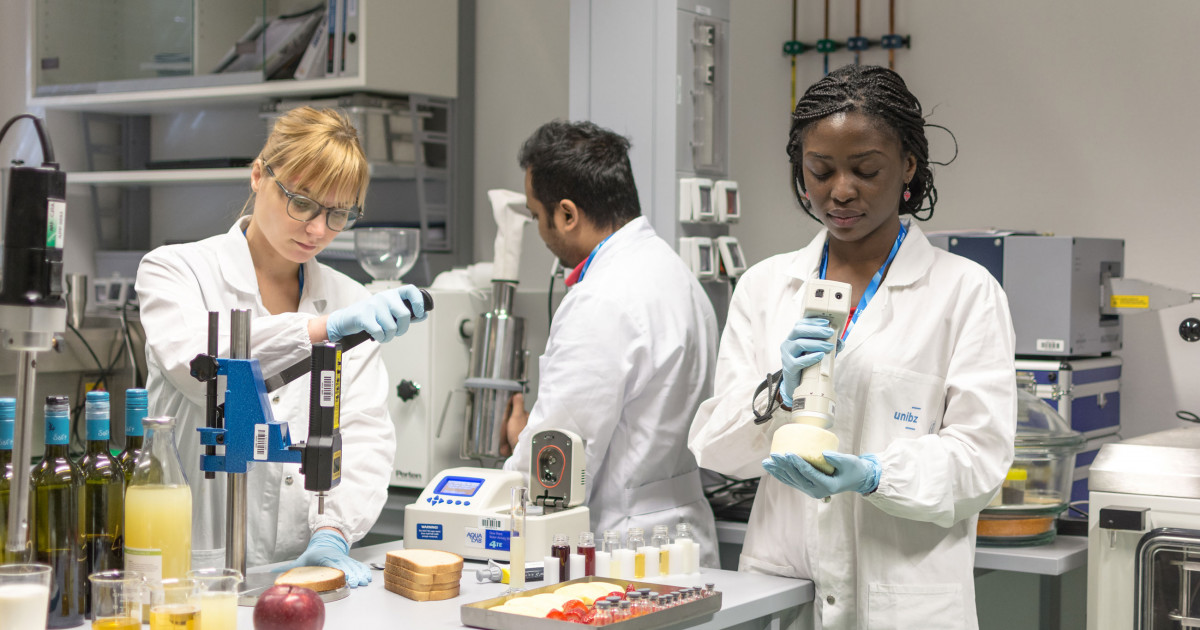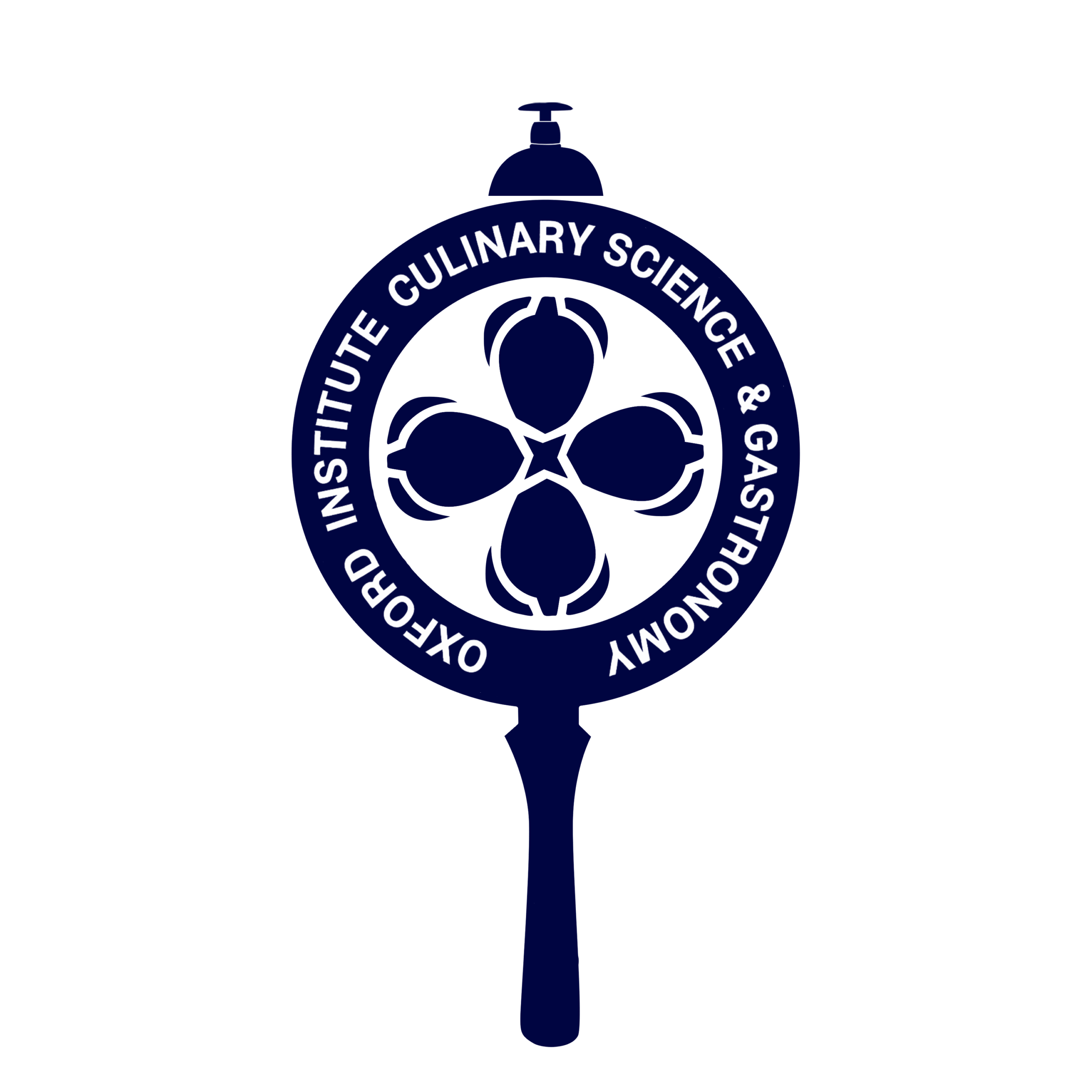Description

Degree Type: Doctorate (Professional Doctorate)
Institution: Oxford Institute of Culinary Science and Gastronomy
Duration: 3 Academic Years + Doctoral Residency (12 months total)
Model: Hybrid (Academic Research + Professional Practice & Global Policy)
Credits: 180 ECTS
 Program Overview
Program Overview
This level represents the highest academic and professional synthesis of research, innovation, and philosophical leadership in the field of gastronomy.
It prepares candidates to lead international research programs, develop global standards, and redefine the intellectual and ethical foundations of gastronomy.
Doctoral candidates engage in cross-disciplinary research spanning science, culture, technology, and ethics — positioning themselves as global authorities and mentors in the evolution of food systems and gastronomy education.
 Core Learning Outcomes
Core Learning Outcomes
Doctoral graduates will be able to:
-
Conduct original, globally relevant research in gastronomy, biotechnology, or cultural studies.
-
Develop international gastronomy standards and academic frameworks.
-
Lead global education, policy, and innovation institutions.
-
Publish high-impact scholarly and professional work.
-
Mentor future gastronomers, integrating philosophy, science, and art into a unified approach.
 Year 1 – Foundations of Doctoral Research and Global Systems
Year 1 – Foundations of Doctoral Research and Global Systems
| Module Code |
Module Title |
Description |
Credits |
| DG701 |
Philosophy and Epistemology of Gastronomy |
Advanced study of the nature, meaning, and philosophy of food knowledge. |
15 |
| DG702 |
Global Food Systems and Policy Architecture |
Analysis of international policy frameworks, sustainability, and innovation governance. |
15 |
| DG703 |
Advanced Research Design & Methodology |
Methodological mastery: interdisciplinary, qualitative, and experimental approaches. |
15 |
| DG704 |
Cultural Transformation and Food Identity |
Research on food, culture, heritage, and globalization’s impact on gastronomy. |
15 |
| DG705 |
Doctoral Seminar I: Research Proposal & Peer Review |
Development of research proposal, presentation, and academic critique. |
10 |
 Year 2 – Scientific Innovation, Publication, and Leadership
Year 2 – Scientific Innovation, Publication, and Leadership
| Module Code |
Module Title |
Description |
Credits |
| DG801 |
Biotechnology, AI & Future of Gastronomy |
Study of emerging technologies and their philosophical-ethical implications. |
15 |
| DG802 |
Global Standards and Knowledge Transfer |
Design of new frameworks for global gastronomy accreditation and standardization. |
15 |
| DG803 |
Academic Writing, Publication & Dissemination |
Techniques for publishing in indexed journals, conferences, and digital platforms. |
15 |
| DG804 |
Doctoral Residency / Professional Practice |
Immersive placement in research or global policy institution (6–12 months). |
15 |
| DG805 |
Doctoral Seminar II: Leadership & Mentorship in Gastronomy |
Leading research teams, supervising theses, and mentoring innovation labs. |
10 |
 Year 3 – Doctoral Thesis and Global Impact
Year 3 – Doctoral Thesis and Global Impact
| Module Code |
Module Title |
Description |
Credits |
| DG901 |
Doctoral Dissertation |
Original research (50,000–80,000 words) contributing to global gastronomy knowledge. |
60 |
| DG902 |
Global Presentation & Defense |
Oral defense before international academic and professional committee. |
10 |
| DG903 |
Publication Portfolio |
Minimum of 2 peer-reviewed papers or one published monograph. |
10 |
 Doctoral Residency
Doctoral Residency
Candidates complete a professional residency in one of the following areas:
-
UNESCO Creative Cities of Gastronomy
-
Global Master Chefs / TasteMetric Research Network
-
Oxford Gastronomy Policy Labs
-
Food Tech & Biotechnology Startups
-
International Research Councils
Deliverables:
 Career Pathways
Career Pathways
Graduates are qualified for:
-
Professor / Academic Research Director
-
Global Policy & Standards Architect
-
Founder of Research Institutes / Think Tanks
-
International Lecturer & Mentor
-
Chief Innovation Officer in Food Systems
 Philosophical Dimension
Philosophical Dimension
“At the doctoral level, the gastronomer becomes not only a scientist but a philosopher — redefining food as knowledge, as culture, and as a moral force shaping the destiny of humanity.”
— Oxford Institute of Culinary Science and Gastronomy
